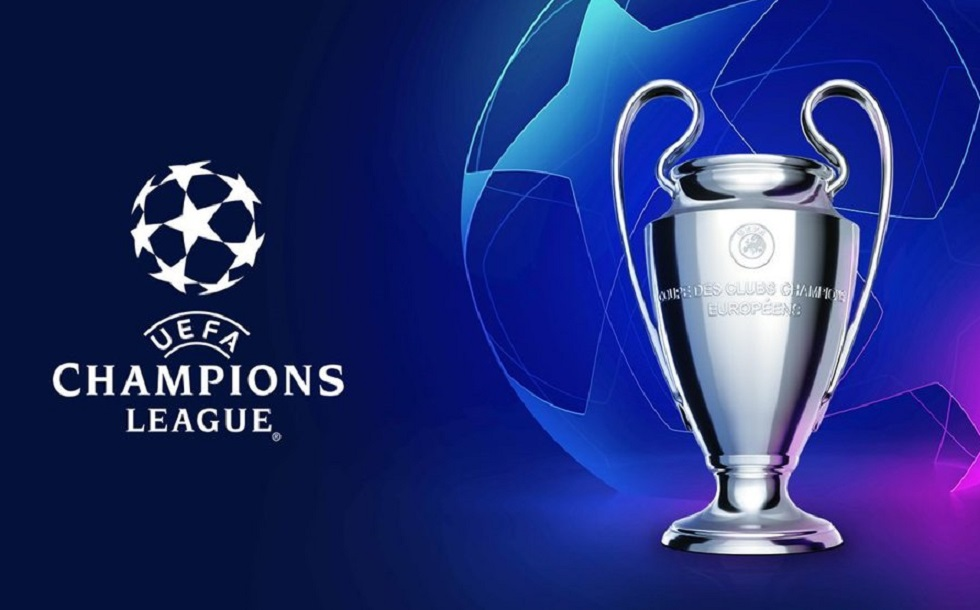

Champions League
New Era Begins As Expanded Champions League Set To Start
A new era in European club football begins this week when the first games are played in the expanded Champions League amid curiosity about the repackaged format as well as growing concerns over an ever-increasing number of matches.
UEFA, the governing body of European football, recognized the necessity for change as the traditional group stage became increasingly predictable, and the continent’s top clubs were considering a breakaway to establish their own Super League.
The result is a league phase featuring 36 clubs, four more teams than in the past, with everyone playing eight matches against eight different opponents, two more games than previously.
The excitement kicks off on Tuesday as reigning champions Real Madrid embark on their pursuit of a record-extending 16th title, starting with a home match against VfB Stuttgart, the unexpected runners-up in last season’s German Bundesliga.
That will be the first-ever meeting of the sides, while the same night, AC Milan hosts Liverpool in a heavyweight clash between clubs with 13 European Cups between them.
On Wednesday, Manchester City played Inter Milan in a repeat of the 2023 final won by Pep Guardiola’s team.
For one week only, Champions League matches will take place on Thursday, featuring an eye-catching showdown between Monaco and Barcelona.
The expanded competition also has room for a meeting of two historic names when former champions Red Star Belgrade and Benfica face off in Serbia.
Additionally, there will be a match between French newcomers Brest and Austrian champions Sturm Graz, a meeting that is not typically linked with the European elite.
“In the end, I think we came to a solution that will benefit all,” UEFA president Aleksander Ceferin told Britain’s Sky News recently when asked about the new format.
“It will make a more unpredictable and more interesting competition. It is a great change.”
The top eight teams at the end of the league phase which now runs into January will advance to the last 16.
Teams ranked from ninth to 24th in the standings will compete in a play-off round for the remaining spots in the last 16, while the bottom 12 teams will be eliminated from the competition.
There are greater financial rewards too, with the winners of the competition pocketing over 86 million euros (£72.6m) just in prize money, not including bonuses of 700,000 (£591,100) euros for every point gained in the league phase or income from television.
The draw has thrown up plenty of exiting ties throughout the coming months, including Paris Saint-Germain meeting Arsenal and Manchester City, and Madrid playing Borussia Dortmund, Liverpool and Milan.
Breath of fresh air?
It may well prove a success, a breath of fresh air that the competition needed in its early stages, especially as final positions in the league phase will determine seedings in the draw for the knockout rounds.
However, there are concerns regarding the additional matches’ impact on players particularly in a season that will conclude for top clubs with the inaugural edition of the expanded FIFA Club World Cup the United States.
“Sometimes something new can be good for the competition and everyone, but what we struggle to understand is the increase in the number of matches,” admitted Madrid coach Carlo Ancelotti, mindful of the potential added injury risk to his players.
Global footballers’ union FIFPro said earlier this month that the sport’s governing bodies were “failing to meet their duty of care” towards players by denying them sufficient rest and imposing extra games.
FIFPro said too many players were already playing too many games, but the possibilities for time off appear to only be decreasing.
“We need safeguards for players to limit their travel, ensure rest periods, and provide adequate recovery so they can reach peak performance,” said Stephane Burchkalter, FIFPro’s acting General Secretary.
For the time being, the demands continue to escalate, and when it comes to the Champions League, it remains uncertain whether increased size equates to improved quality.













